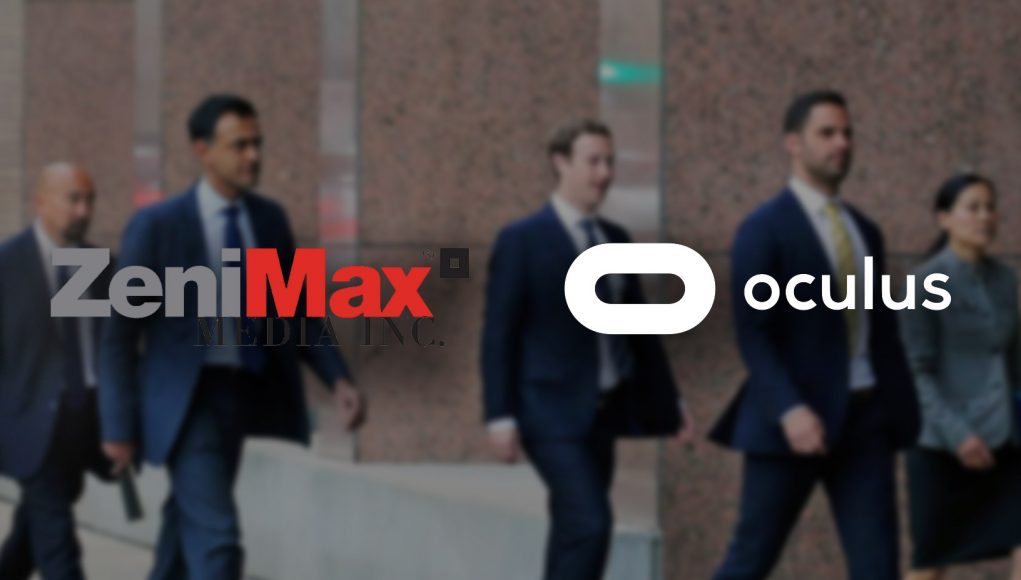Bloomberg reported this week that the $500 million penalty levied at Oculus in last year’s case brought by ZeniMax has been reduced to $250 million. A motion seeking to prevent sales of Oculus products using code attributed to ZeniMax has been rejected, according to the publication.
ZeniMax took Oculus to court after its acquisition by Facebook in 2014; the company alleged that Oculus stole intellectual property developed by Oculus’ now-CTO John Carmack back when he was employed by ZeniMax’ child company id Software. In the case’s initial verdict back in 2017, the jury awarded ZeniMax $500 million in damages, to be paid by Oculus and key employees. A detailed breakdown of the 2017 verdict is available here.
Citing court documents in the high profile ZeniMax v. Oculus case, Bloomberg reports that U.S. District Judge Ed Kinkeade this week cut down the penalties levied against Oculus company from $500 million to $250 million.
Oculus is still on the hook for $250 million for copyright infringement and breach of contract, as found by the jury, but an additional $250 million penalty for trademark infringement and false designation ($50M against Oculus, $150M against founder Brendan Iribe, and $50 million against founder Palmer Luckey) has been nullified.
According to the report, ZeniMax’s efforts to halt sales of the Oculus Rift and Gear VR (and ostensibly Oculus Go) headsets was rejected by the judge.







